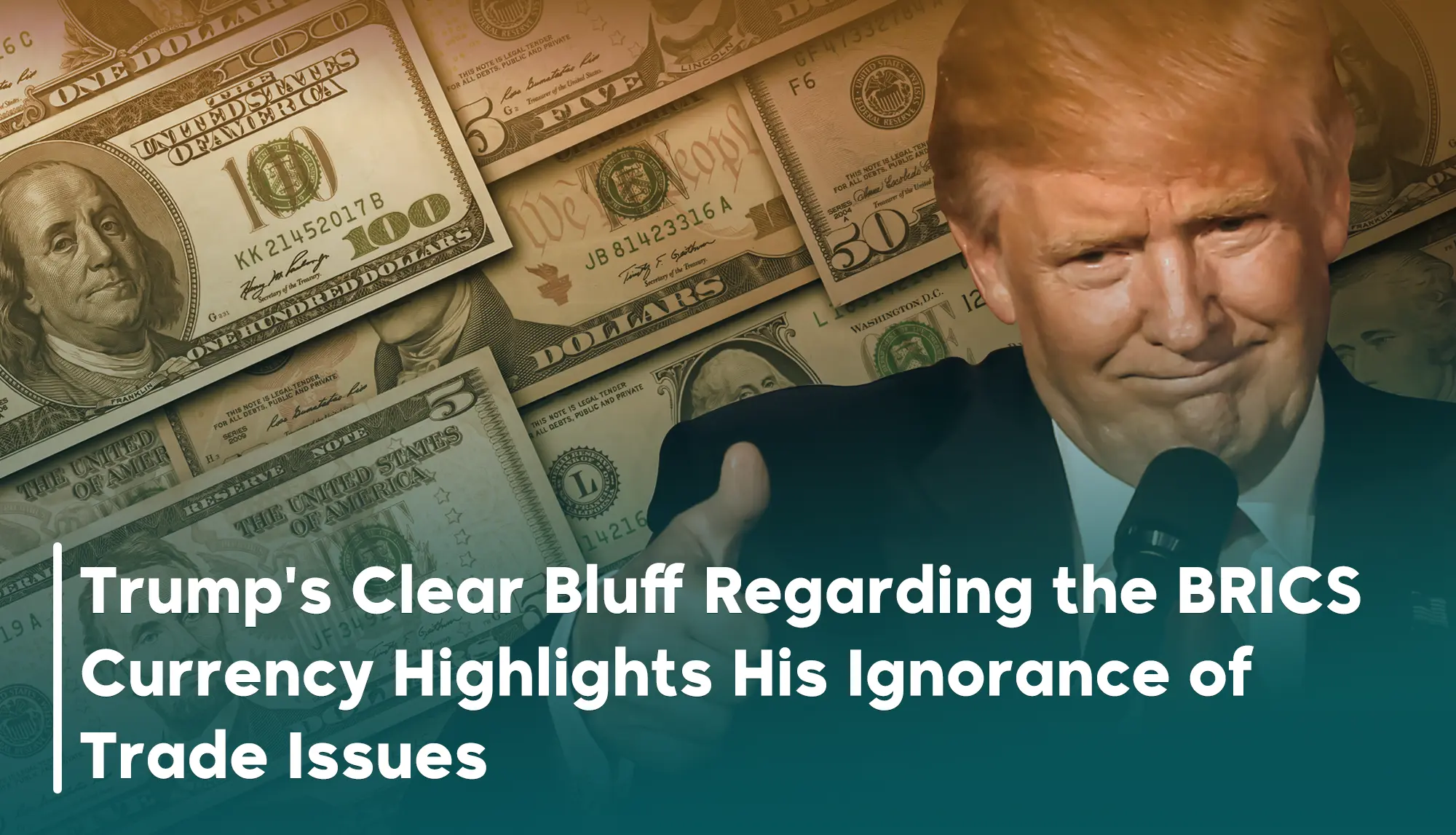The idea of imposing a 100% tariff is so unrealistic that it’s almost laughable. However, that’s what was proposed, and some supporters are cheering it on without understanding the full picture.
Does Anyone Really Want the Reserve Currency?
Despite complaints about the dollar, China doesn’t actually want to be the world’s reserve currency. Doing so would require them to run trade deficits, where other countries would hold large amounts of yuan. Japan and the EU (especially Germany) don’t want the reserve currency either for the same reason. Since the US left the gold standard, having a reserve currency is incompatible with an export-focused economy. Handle the last paragraph with care, as it is crucial.
The Reserve Currency Problem
The irony of having the reserve currency is that, despite claims of US advantages, no other country actually wants it. Instead, having the reserve currency can be seen as a “curse” rather than a “privilege.” It allows the US to run trade deficits, but that comes with the cost of policy decisions being influenced by other nations.
What Happens When You Raise Tariffs?
In theory, tariffs would strengthen the dollar, slow growth, and increase inflation. Strengthening the dollar harms efforts to boost exports. If tariffs were raised to extreme levels, like 60% or 100% on China, retaliations would likely lead to a global recession. Trump’s approach is a misguided reaction to a much bigger problem that started when the US abandoned the gold standard.
The US as the Global Consumer
The US remains the holder of the reserve currency because it has the world’s largest and most open capital markets, along with the biggest bond market and a better business climate than China, Japan, or the EU. Other countries prop up their economies through exports to the US, which fuels a currency war where everyone tries to devalue their currencies against the dollar. As a result, US consumers have become the world’s “consumers of last resort.”
Unlimited Debt and No Enforcement
Having the reserve currency means there are no limits on the US money supply, leading to nearly $100 trillion in US dollar-denominated debt. The US trade deficit has grown as a result. Trump’s tariff plans won’t fix this problem because the issue is the lack of a system, like the gold standard, to enforce balance. A currency crisis is inevitable unless something changes.
Final Thoughts
One reader pointed out that no other country is currently capable of holding the reserve currency, which is true. However, this was also true right after WWII when the US was in a better economic position. As for BRICS, it’s unlikely to challenge the US dollar seriously, and Trump’s threats are just empty talk.





